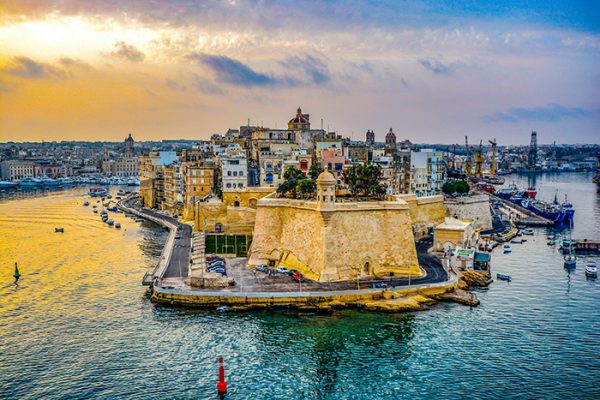Malta has signaled teething problems in its quest to become a “Blockchain Island” after it emerged less than 40 percent of professionals passed the government’s cryptocurrency certification exam.
‘Not Sufficiently Prepared’
As local news outlet Times of Malta reports October 18, regulator the Malta Financial Services Authority (MFSA) had to fail more than 6 out of every 10 applicants seeking to become certified “cryptocurrency agents.”
250 lawyers, auditors and accountants have sat the exam so far, which authorities created under the Virtual Financial Assets (VFA) Act, one of three laws which form the backbone of Blockchain Island.
According to a document last month seen by the Times, however, the process has not been smooth sailing, the MFSA warning it had “become evident that certain industry players are not sufficiently prepared to register as VFA agents.”
In addition, it said, there was a “need to address an existing expectations gap, particularly in view of the inherent risks of this sector.”

Establishment Sold On Blockchain, Cryptocurrency
The exam additionally used a negative marking scheme, the publication noted, but invigilators changed it when it became apparent that the pass rate was low. Candidates reacted poorly, sources said, due to the change not being publicly announced.
Senior politicians meanwhile continue to endorse Blockchain Island on the world stage, Maltese president Joseph Muscat telling the United Nations earlier this month that adopting technologies such as Blockchain was key to “countering aggressive, reactionary politics.”
In the same speech, Muscat also called cryptocurrency “the inevitable future of money.”
The country has also signed multiple deals with big-name cryptocurrency businesses, notably exchanges such as Binance and Huobi, the former getting the green light to set up the world’s first tokenized Blockchain bank.
Indian exchange Zebpay this week also announced it was relocating to Malta to avoid political problems in its home jurisdiction.
What do you think about Malta’s ‘Blockchain Island’ exam? Let us know in the comments below!
Images courtesy of Shutterstock










